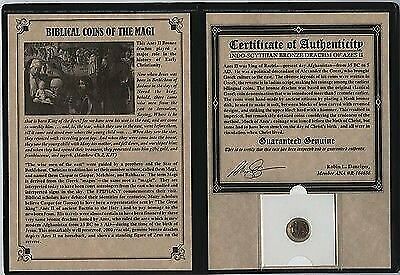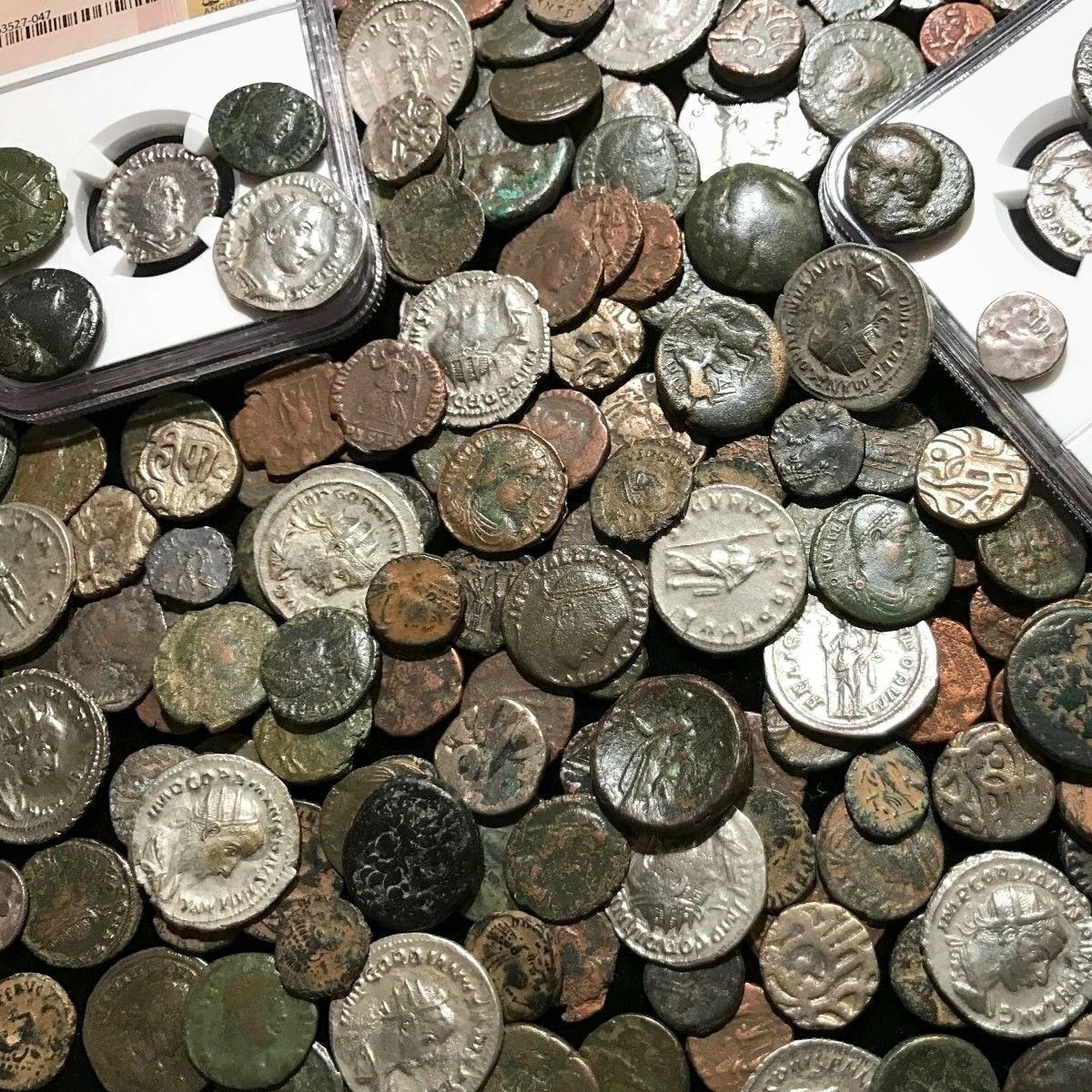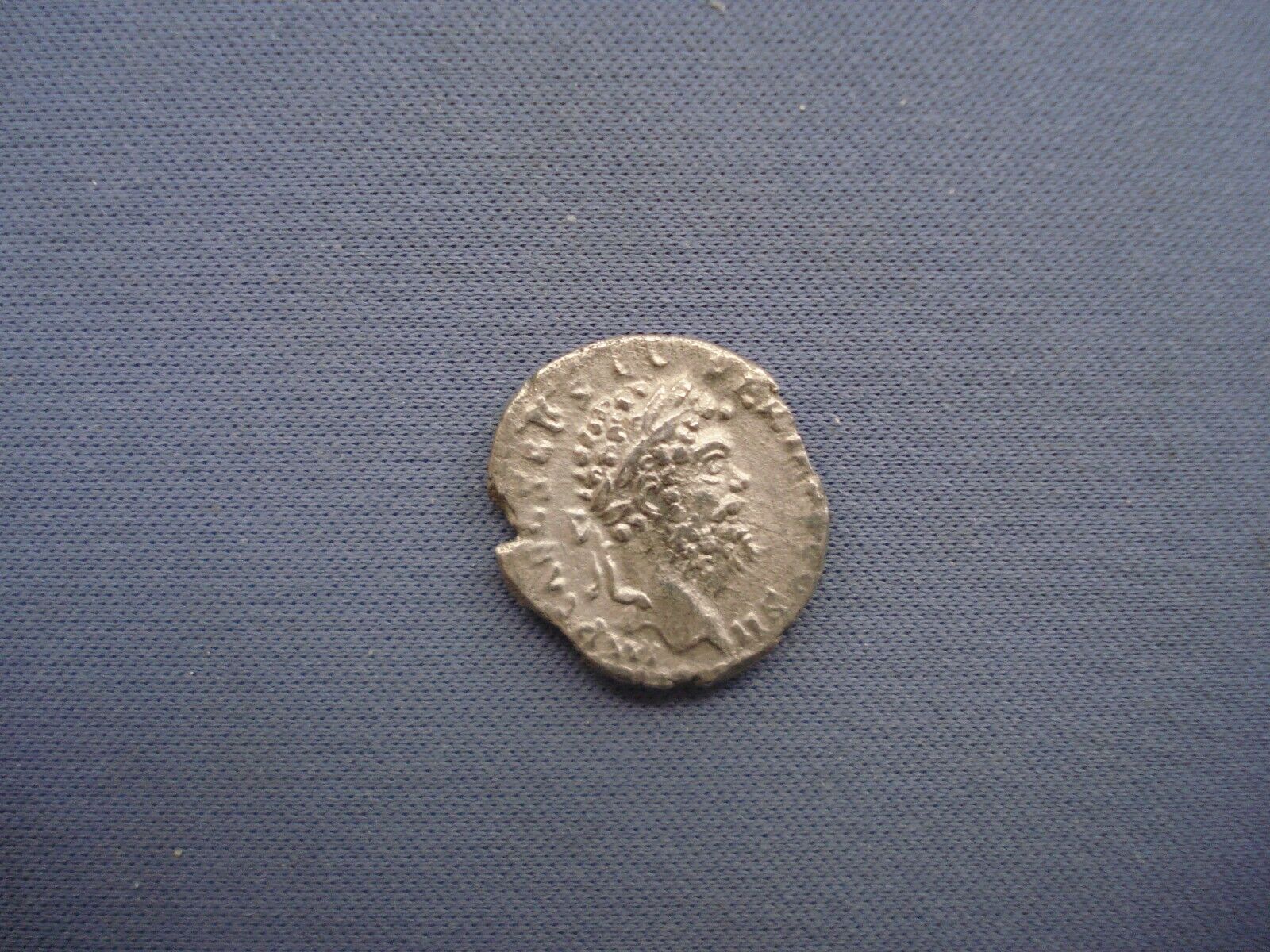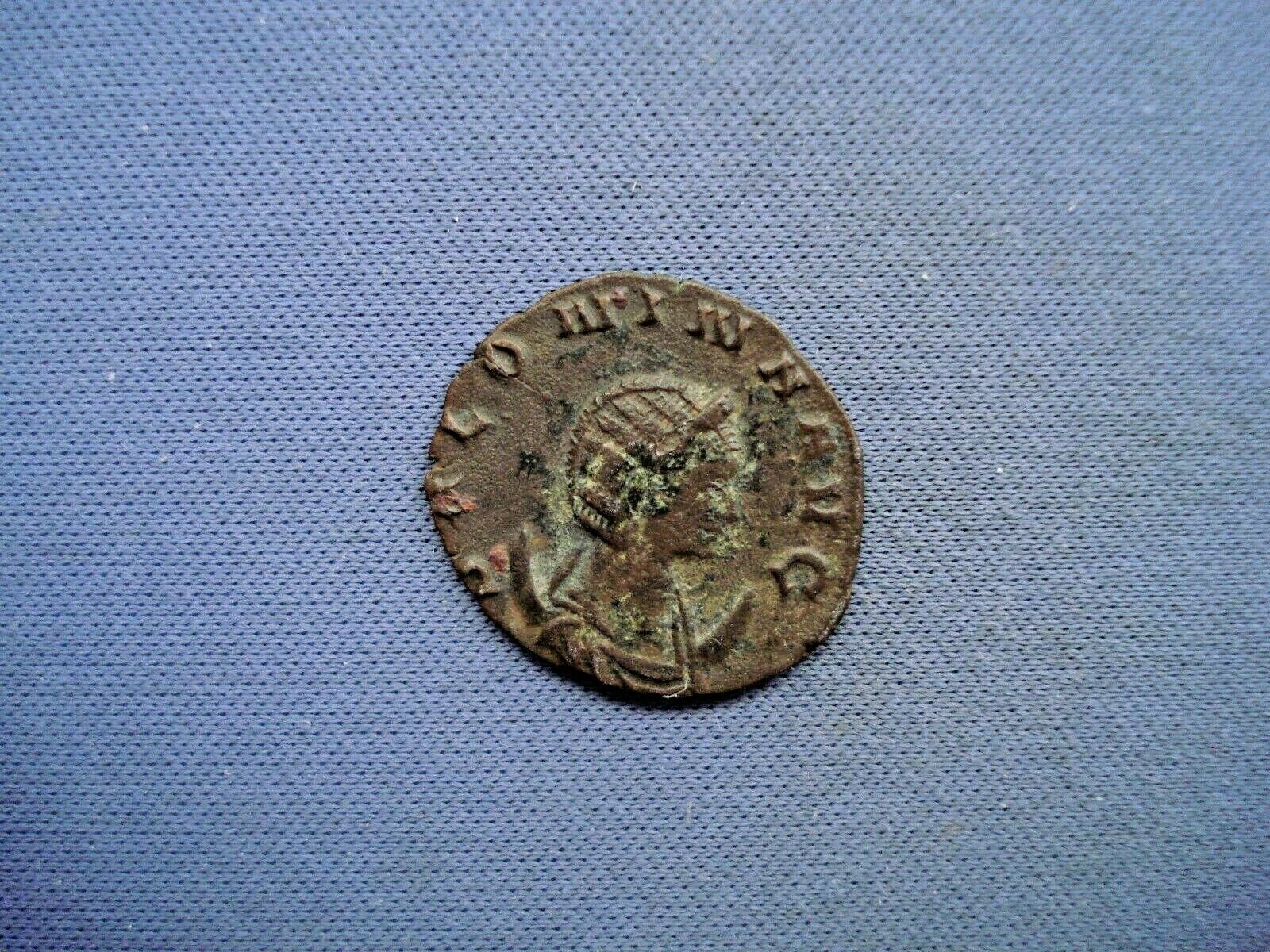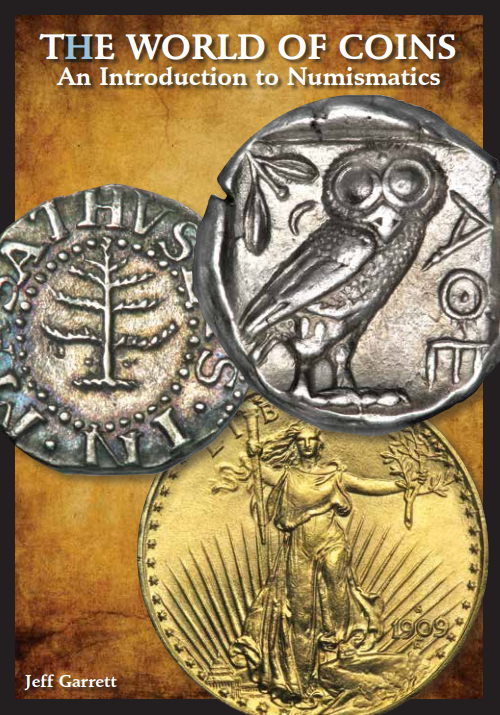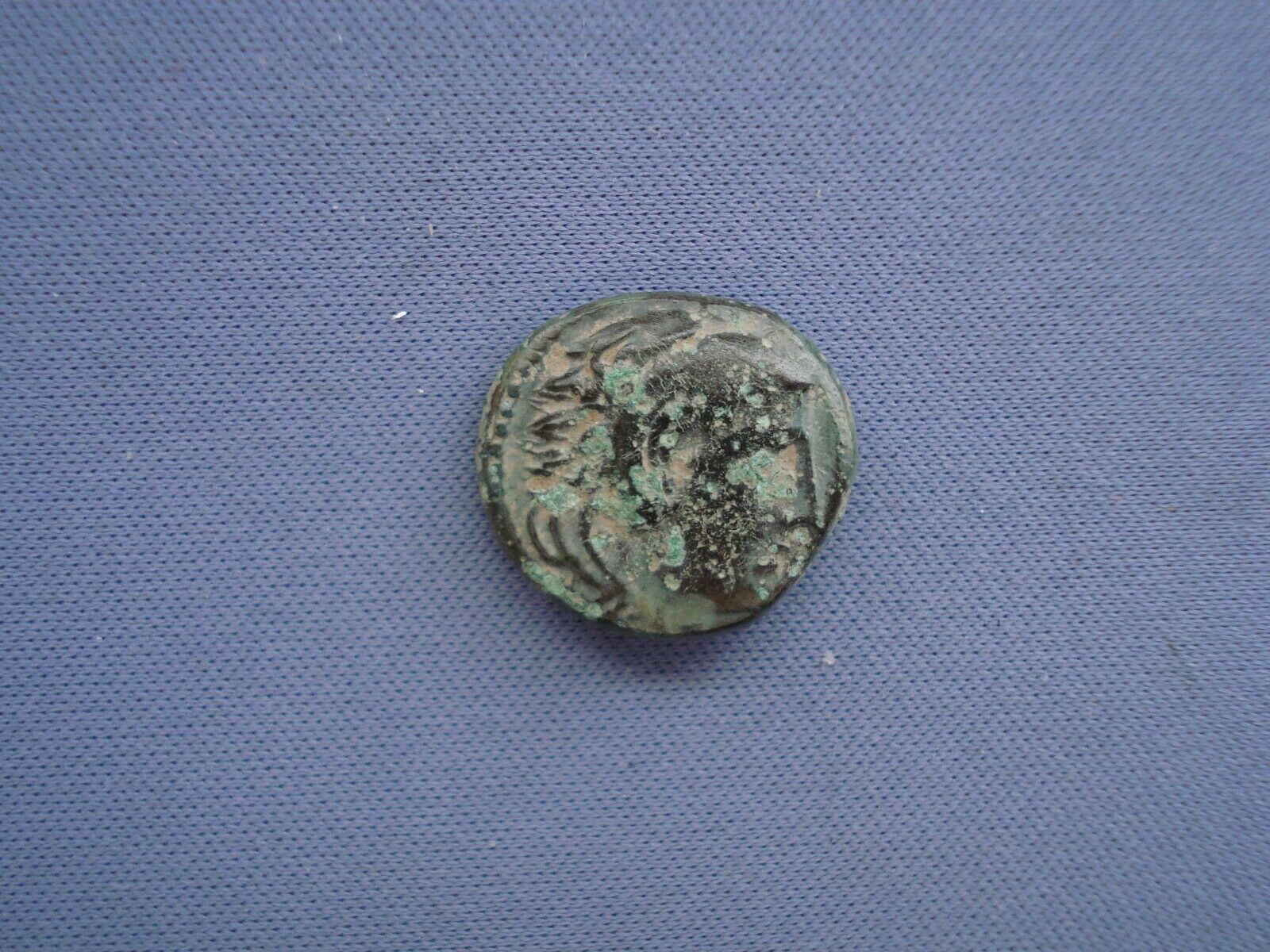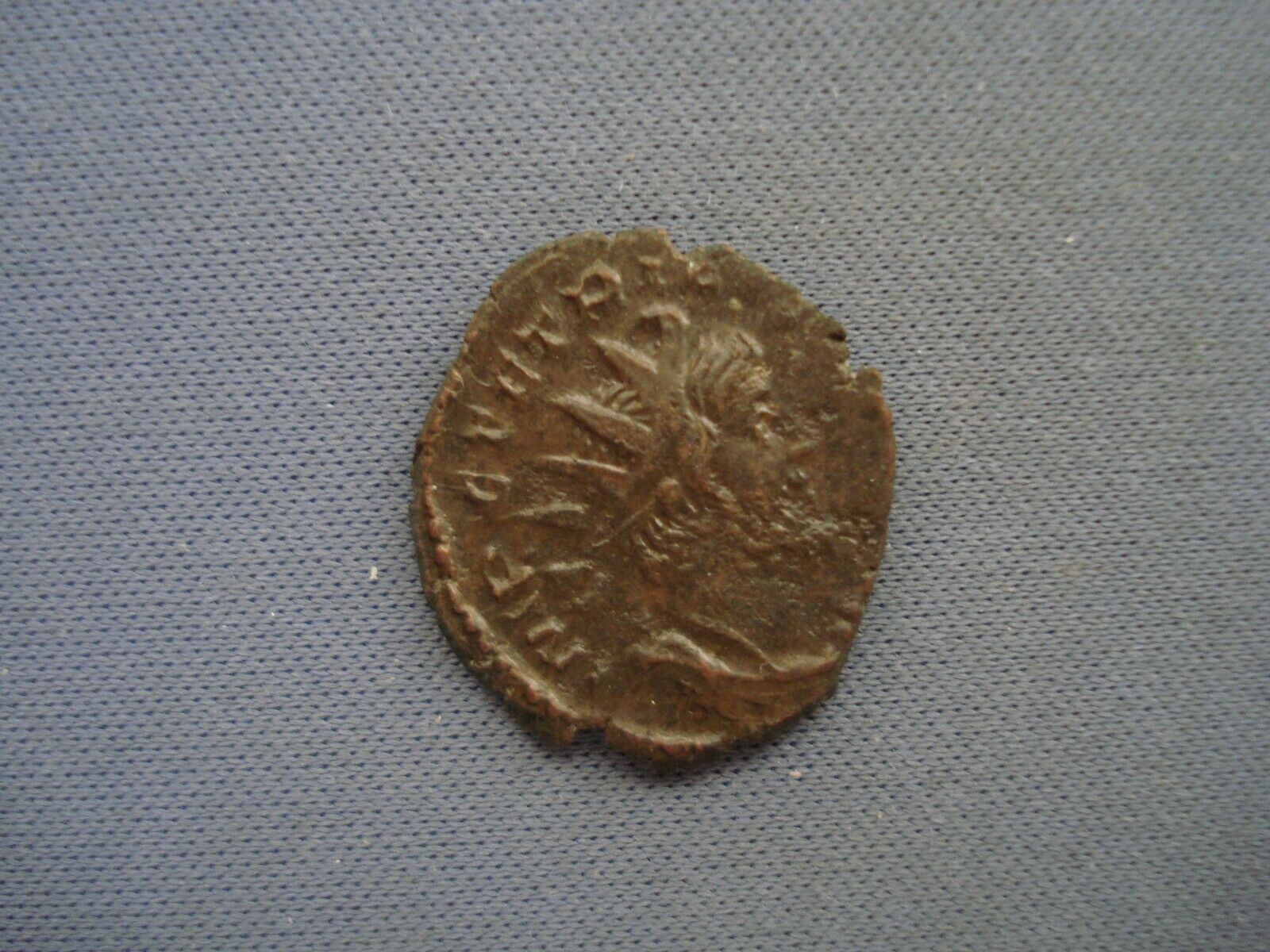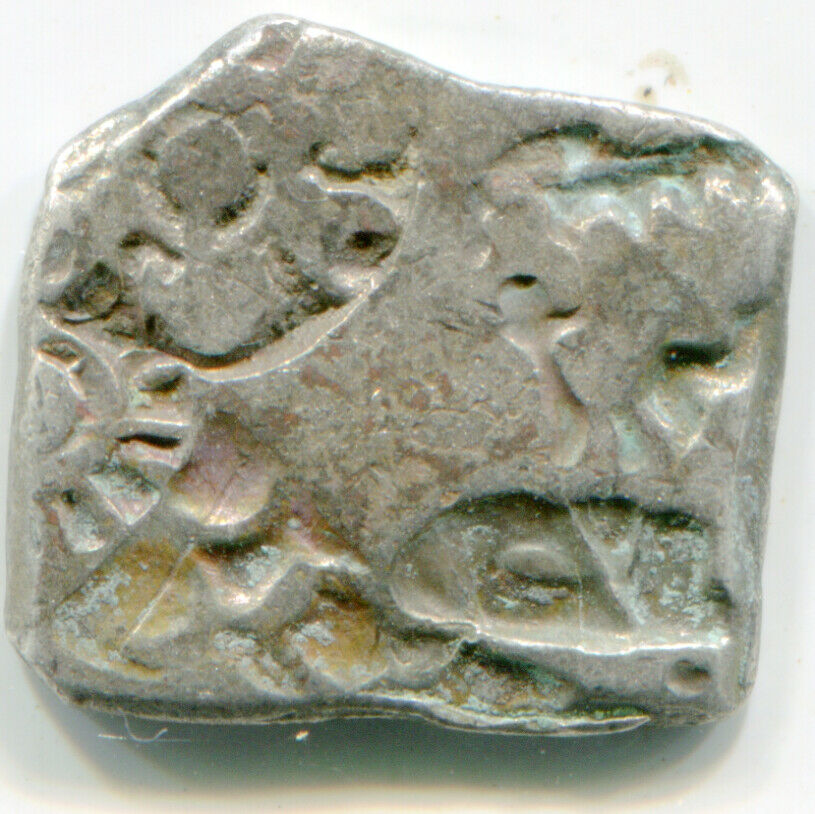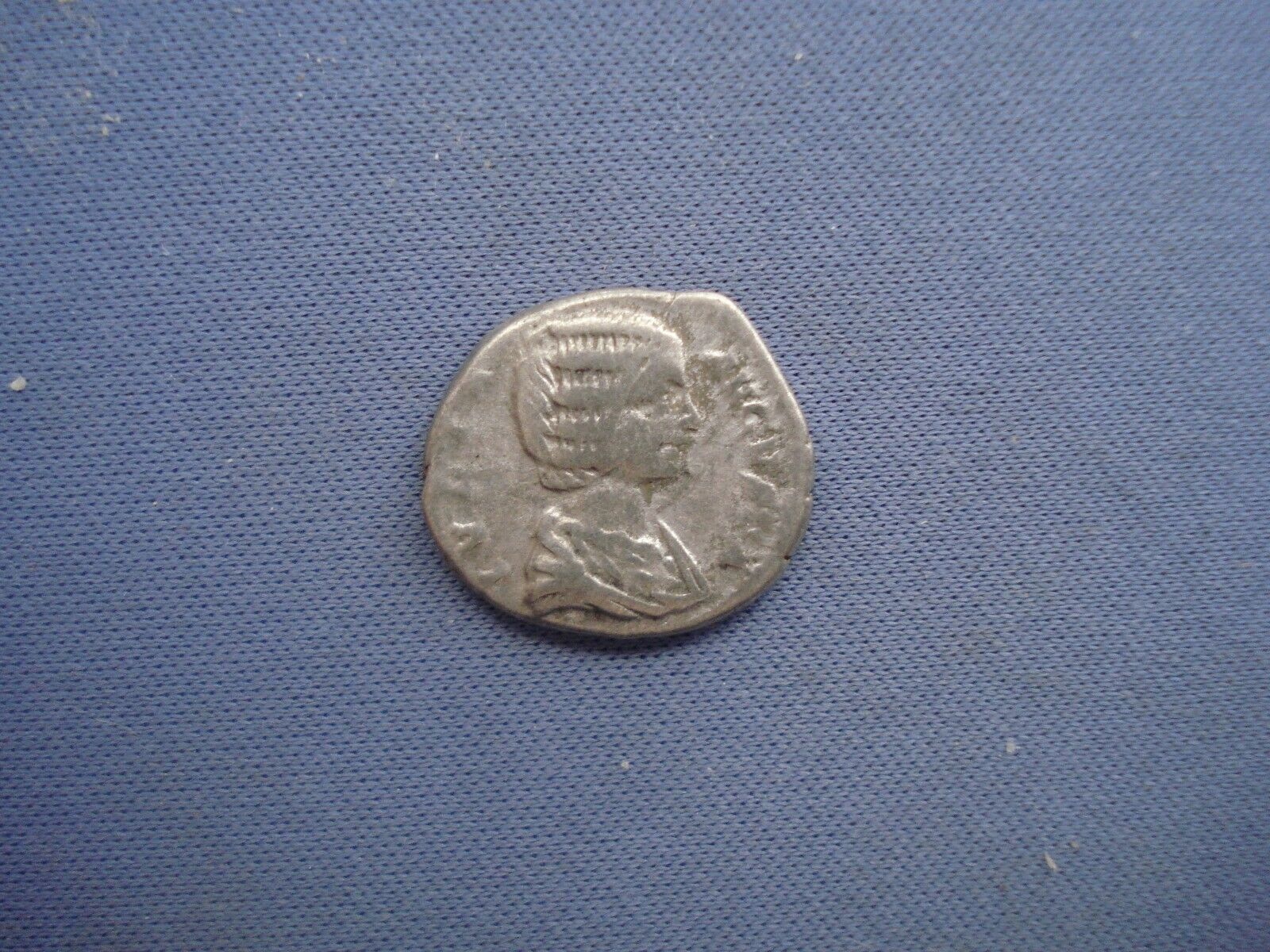-40%
Bronze Biblical Coin of the Magi. Azes II. With COA
$ 18.47
- Description
- Size Guide
Description
Bronze Biblical Coin of the Magi. Azes II. With COABiblical Coin of the Magi - Around during the time of Jesus!
Indo-Scythian Bronze Tetradachm of
Azes II
Coin type and grade may vary somewhat from image
This Azes II bronze tetradrachm played a major role in the history of Early Christianity.
Now when Jesus was born in Bethlehem of Judaea in the days of Herod the king, behold, there came wise men from the east to Jerusalem, Saying, Where is he that is born King of the Jews? For we have seen his star in the east, and are come to worship him. . . . And, lo, the star, which they saw in the east, went before them, till it came and stood over where the young child was. . . .When they saw the star, they rejoiced with exceeding great joy. And when they were come into the house, they saw the young child with Mary his mother, and fell down, and worshiped him: and when they had opened their treasures, they presented unto him gifts; gold, and frankincense, and myrrh. (Matthew Ch.2, KJV)
The wise men of the east were guided by the Star of Bethlehem. Christian tradition has set their number as three, called them Magi, and named them Caspar or Gaspar, Melchior, and Balthazar. The term Magi is derived from the Greek magos the same root as magic. They are interpreted today to have been court astrologers from the east who studied and interpreted signs in the sky. The EPIPHANY commemorates their visit. Biblical scholars have debated their identities for centuries. Many scholars believe Caspar (or Gaspar) to have been a representative sent by The Great King Azes II of ancient Bactria to the Holy Land to pay homage to the newborn Jesus. His travels were almost certain to have been financed by these very same bronze tetradrachms issued by Azes, who ruled the area which is now modern Afghanistan from 35 BC to 5 AD during the time of the birth of Jesus. This remarkably well preserved, 2000 year old, genuine bronze tetradrachm depicts Azes II on horseback, and shows a standing figure of Zeus on the reverse.
Azes II was king of Bactria, present day Afghanistan, from 35 BC to 5 AD. He was a political descendant of Alexander the Great, who brought Greek culture to the east. The obverse legends of his coins were written in Greek, the reverse is in Indian script, making his coinage among the earliest bilingual coins. The bronze tetradrachm was based on the original classical Greek coin denomination that was introduced more than 5 centuries earlier. The coins were hand-made by ancient artisans by placing a blank disk, heated to make it soft, between blocks of iron carved with reversed designs, and striking the upper block hard with a hammer. This resulted in imperfect, but remarkably detailed coins considering the crudeness of the method. Much of Azes coinage was issued before the birth of Christ, but some had to have been struck on the day of Christ's birth, and all were in circulation when Christ lived.
Data:
Greek Indo Scythian bronze tetradrachm
Obverse: King Azes II on horse; Reverse: standing figure Zeus; Kharoshthi script
Weight: 7.7-9.8g; Diameter: 19.5 mm -21mm
Album open measures: 11 in x 7.5 in
Album folded measures: 5.5 in x 7.5 in
